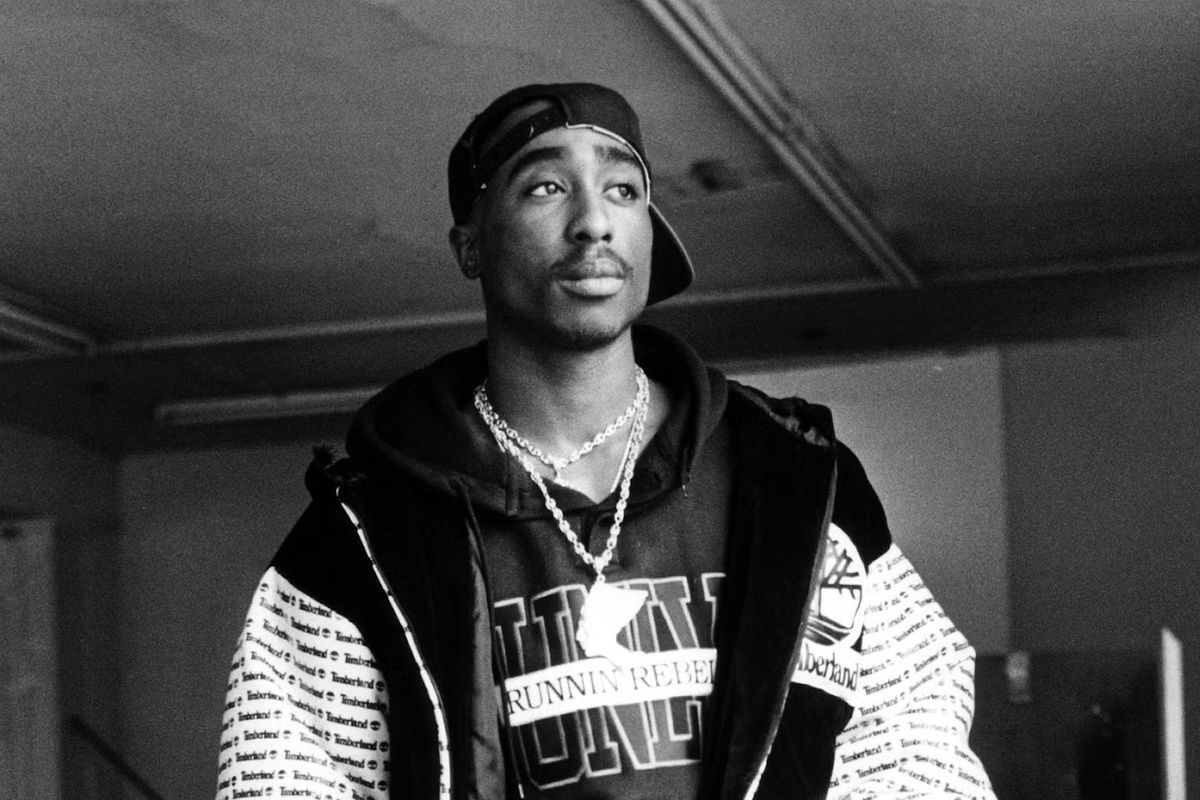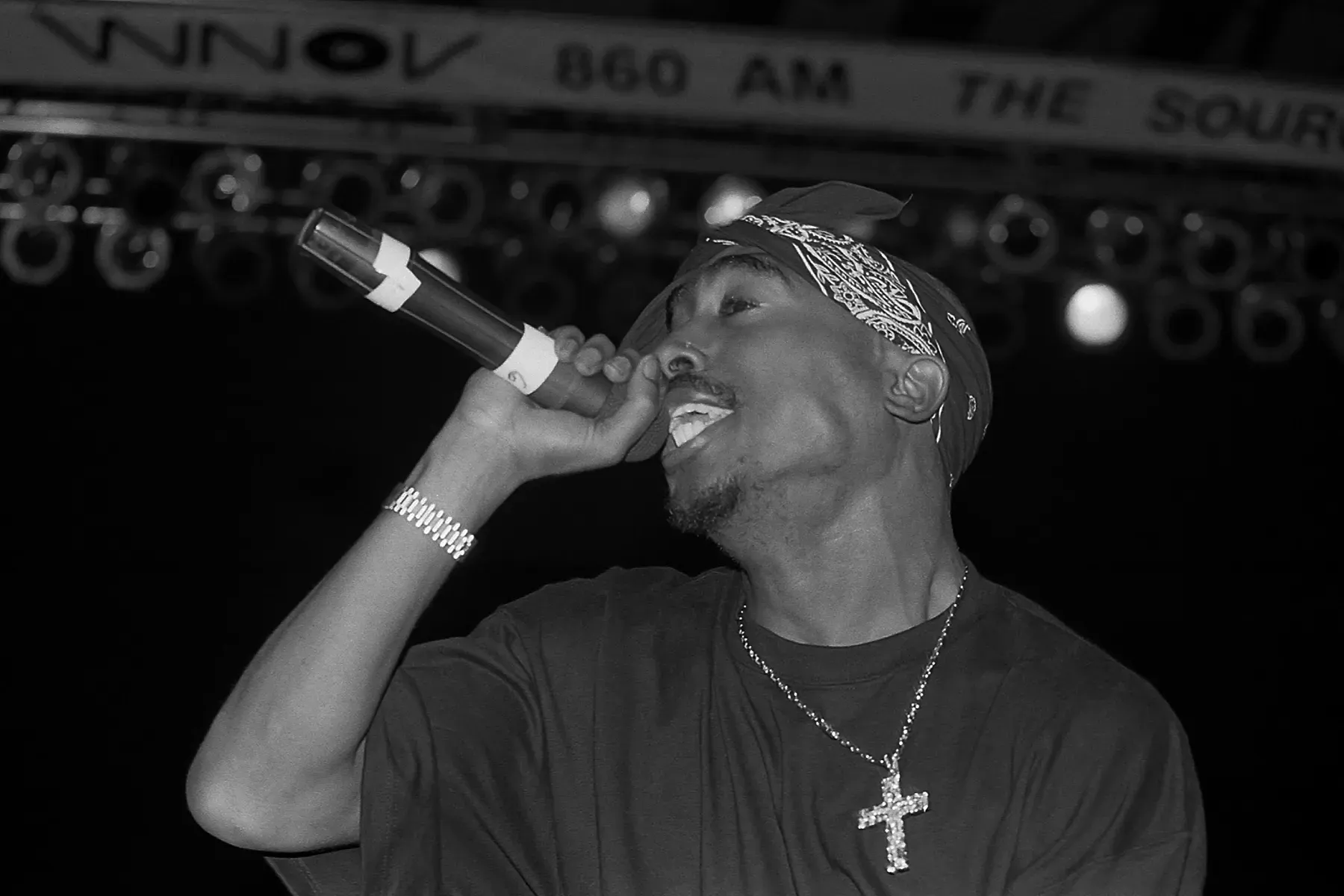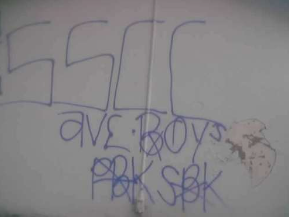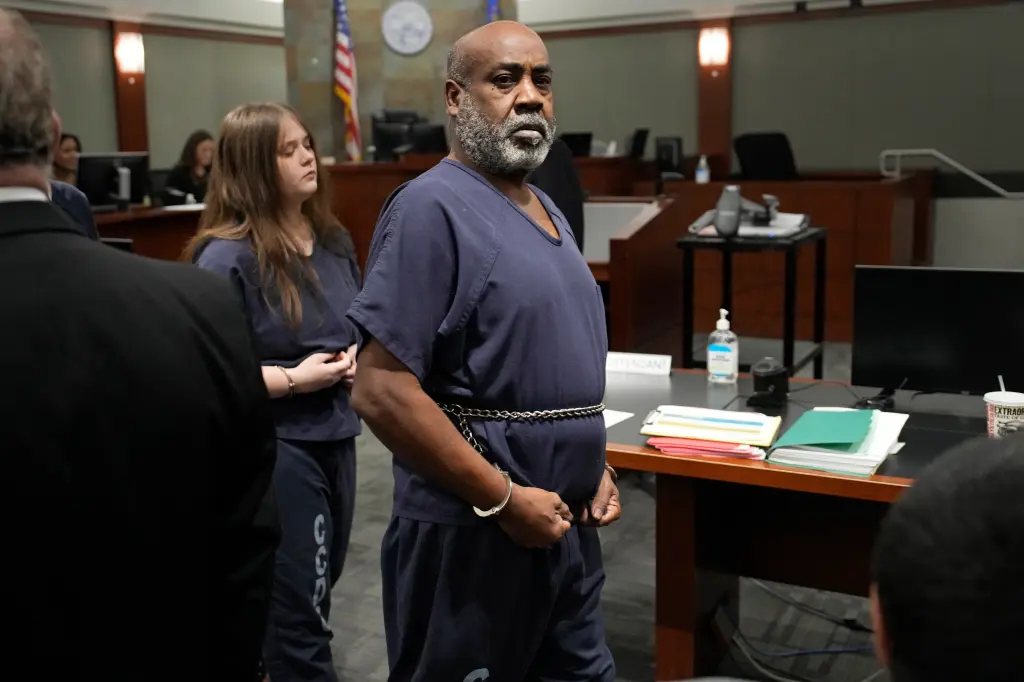The Tupac Shakur Murder Case
Duane Keith Davis, known as Keffe D, had affiliations with the Southside Compton Crips, a rival gang.

Introduction
The Tupac Shakur murder case has long been shrouded in mystery, speculation, and conspiracy theories. For 27 years, the hip-hop world has awaited justice for the iconic rapper's untimely death. Recently, a significant development unfolded with the arrest of Duane Keith Davis, also known as "Keffe D," on charges of murder with the use of a deadly weapon. In this blog, we will delve into the intricate details of the case, examining the events leading up to Tupac's tragic death, the alleged conspirators involved, and the recent breakthrough that led to Keffe D's arrest.
Tupac Shakur aka 2Pac
Tupac Shakur, often regarded as one of the greatest and most influential hip-hop artists of all time, emerged as a cultural icon in the 1990s. Born on June 16, 1971, in East Harlem, New York, and raised in Baltimore, Maryland, Tupac's life was marked by a complex interplay of social issues, activism, and a prolific musical career. His impactful lyrics and charismatic delivery made him a voice for the marginalized and disenfranchised, addressing themes such as systemic injustice, poverty, and racial inequality. Tupac's ability to seamlessly blend social commentary with personal reflections set him apart, earning him a devoted fan base and leaving an enduring legacy in the world of hip-hop.

Tupac's discography is marked by numerous hit tracks that have become anthems in the hip-hop genre. Among his most iconic songs is "California Love," a collaboration with Dr. Dre that captured the essence of West Coast hip-hop and became a chart-topping success. "Changes" is another standout track, addressing issues of racial inequality and social injustice, showcasing Tupac's ability to deliver powerful messages through his music. "Dear Mama" is a heartfelt tribute to his mother, offering a glimpse into Tupac's personal struggles and the enduring love for his family. With hits like "Keep Ya Head Up," "Hail Mary," and "All Eyez on Me," Tupac's musical legacy continues to resonate, proving that his impact transcends time and his influence remains deeply ingrained in the fabric of hip-hop culture.
The Background of Tupac's Murder
The roots of Tupac Shakur's murder delve deep into the intricate web of gang affiliations and conflicts that characterized the volatile landscape of Compton, California. Tupac and Death Row Records CEO Suge Knight were aligned with the Mob Piru gang, a subset of the Bloods, while Duane Keith Davis, known as Keffe D, had affiliations with the Southside Compton Crips, a rival gang. The longstanding rivalry between these two factions escalated on the night of September 7, 1996, fueled by a violent confrontation near the elevator bank of the MGM Grand Hotel in Las Vegas. The clash involved members of Death Row Records, including Tupac, assaulting Orlando Anderson, Keffe D's nephew, setting the stage for a retaliatory plan that would have far-reaching consequences.


Image Ref: Drive-by from Southside Compton Crips
The tension between the Mob Piru gang and the Southside Compton Crips became the catalyst for the tragic drive-by shooting that claimed Tupac Shakur's life. Keffe D, as the alleged "shot caller" of the group, orchestrated the retaliatory attack as a response to the assault on his nephew. The intertwining of personal vendettas, gang affiliations, and the fraught history of Compton's gang culture created a toxic mix that culminated in the events of that September night. This backdrop of complex rivalries and deep-seated animosities provides a grim context for understanding the motivations behind Tupac's murder and sheds light on the intricate dynamics of the gang-infested environment that surrounded the legendary rapper.
The Shooting and the Plan Behind It
Tupac, Suge Knight, and their entourage attended a Mike Tyson boxing match at the MGM Grand Hotel in Las Vegas. A brawl erupted after the fight, with members of Death Row Records assaulting Orlando Anderson, Davis's nephew. This incident triggered a retaliatory plan by Davis, who, as law enforcement alleges, orchestrated the shooting in a matter of hours.

Armed with a firearm obtained from an associate, Davis got into a white Cadillac with Terrence Brown, Deandre Smith, and Orlando Anderson. Inside the car, Davis passed the weapon to the passengers in the rear seat, setting the stage for the drive-by shooting. The group located Tupac and Suge Knight's black BMW, driving alongside them on the Las Vegas Strip before opening fire, ultimately claiming Tupac's life.
According to the indictment, Duane Keith Davis was the "shot caller" in the group, masterminding the plan that resulted in Tupac's murder. Davis's alleged involvement has a long history of self-incrimination. In a 1998 BET interview, he admitted to being in the front seat of the car during the shooting but withheld details, citing the "code of the streets." A decade later, in 2009, Davis confessed to police about his role in the case, but this confession could not be used as evidence due to the terms of a proffer agreement.
The Decades-Long Silence
Despite Davis openly discussing his involvement in various media outlets, the case remained unsolved for decades. The lack of concrete evidence and the complex nature of the investigation prevented authorities from bringing criminal charges. It was not until 2018, when Davis's public admissions reignited interest in the case, that a renewed effort was made to solve Tupac's murder.
Davis's participation in a 2018 Netflix documentary on Tupac's homicide and the subsequent release of his memoir in 2019 brought the case back into the public eye. His public boasts about his role in the murder, as detailed in these media ventures, played a pivotal role in refocusing law enforcement's attention on the case.
The Arrest and Indictment
In a surprising turn of events, Duane Keith Davis was arrested in Las Vegas on charges of murder with the use of a deadly weapon. The grand jury indictment, handed down with a gang enhancement, signifies a significant step forward in the pursuit of justice for Tupac Shakur. The arrest comes 27 years after the rapper's tragic death.
Tupac's sister, Sekyiwa 'Set' Shakur, expressed mixed emotions upon hearing the news of Keffe D's arrest. In a statement, she described it as a "pivotal moment" for her family but reserved judgment until all the facts and legal proceedings are complete. The Shakur family seeks real justice on all fronts, acknowledging the complexity of the case and the multiple hands involved in Tupac's life and death.
Conclusion
The arrest of Duane Keith Davis brings a renewed sense of hope for justice in the long-standing Tupac Shakur murder case. As the legal proceedings unfold, the world awaits further revelations about the events leading to that fateful night in 1996. The complexities of gang affiliations, personal vendettas, and the code of silence that has surrounded this case for decades add layers of intrigue to one of the most enduring mysteries in the history of hip-hop. The pursuit of truth continues, and the story of Tupac Shakur's murder case remains an indelible chapter in the annals of music history.





